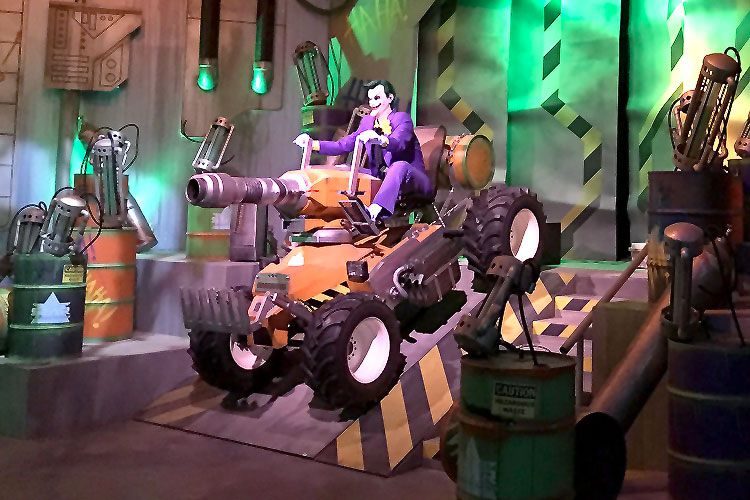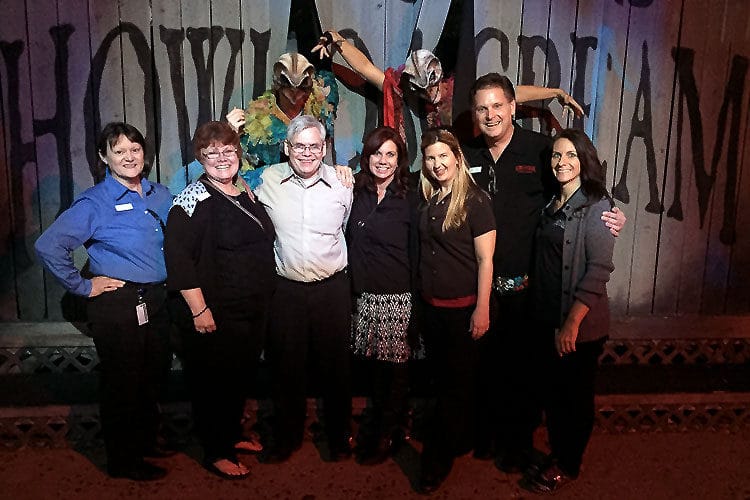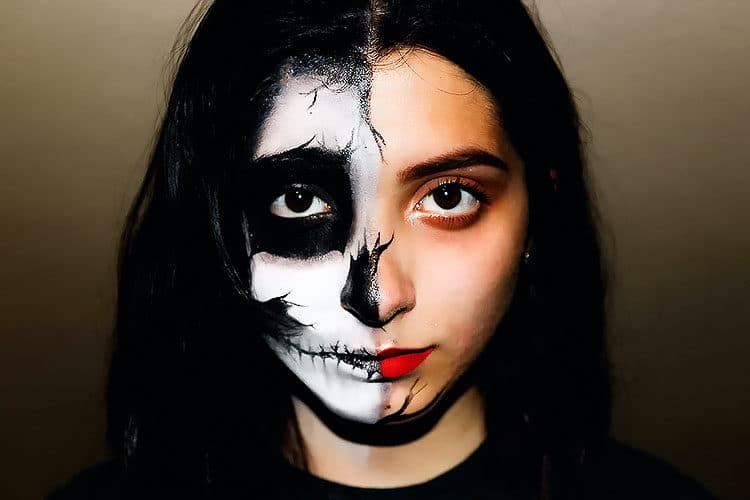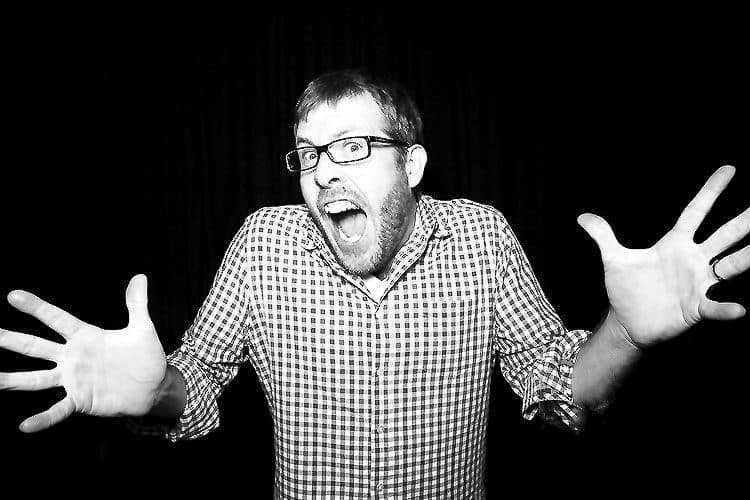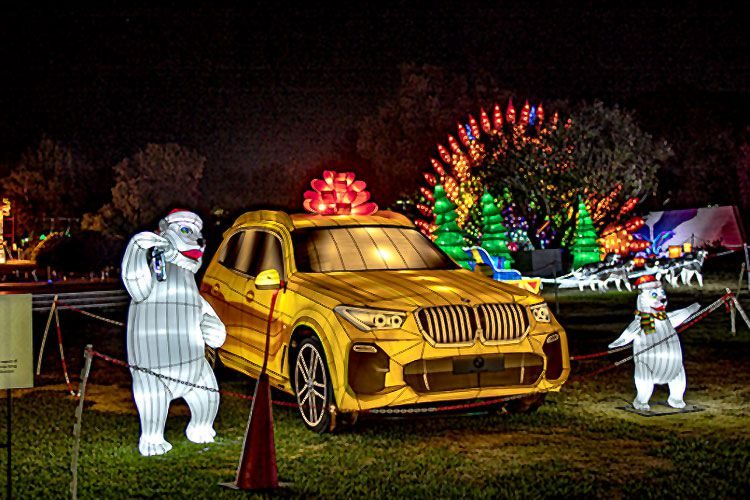A conversation with Tony Hansen about when attractions should bring in a lighting designer.
Lighting design is a tough topic for attractions. Lighting affects the mood of guests and brings fabrication to life (either by emphasizing or hiding elements). Good design merges seamlessly into the experience through show integration and physical placement, and this is something guests expect as the demand for ‘immersion’ grows in the public mind.
The proliferation of LEDs and controls complicate design. The many choices of fixture type and complexity of control design make lighting a headache for attractions. Thus, the appeal of bringing in a lighting designer has intensified. Yet, many attractions struggle with seeing how the ‘hiring a designer’ process works—mainly seasonal attractions (where runs are short) and mid-size attractions (which lack enough entertainment staff). When should you design lighting locally? How much will it cost? This article provides a brief guide to dealing with these questions.
For answers, we interviewed Tony Hansen, head lighting designer, and project/product specialist at Techni-Lux, Inc. Tony designed the lighting for “JUSTICE LEAGUE: Battle for Metropolis,” at seven Six Flags parks. Six Flags Magic Mountain received a Thea Award for their installation.

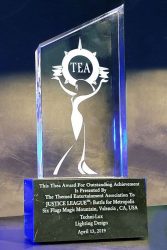
“What Information Do I Need Before Contacting a Lighting Designer?”
Before you contact a lighting designer, answer the following questions:
1. What’s the physical infrastructure of my project?
2. What’s my dream?
3. What’s my budget?
4. What’s my business plan?
Physical Infrastructure
A designer needs to know about the physical infrastructure. Show the designer pictures on your smartphone or, if the structure doesn’t exist yet, provide drawings or renderings. “Just saying they’re making an escape room is too broad. I’ve been in escape rooms that are the size of a warehouse and escape rooms the size of a closet,” said Tony.
What’s Your Dream?
Next, what’s your dream? What’s your vision? What are you trying to do? “I have to know what the client is thinking so I understand what level I’m designing for,” Tony explained. Most designers won’t expect a clear answer to this question—but that’s why you’re talking to the designer. As Tony said, “If the client already knows what it is they want—from the largest to the smallest detail—they don’t need me.”
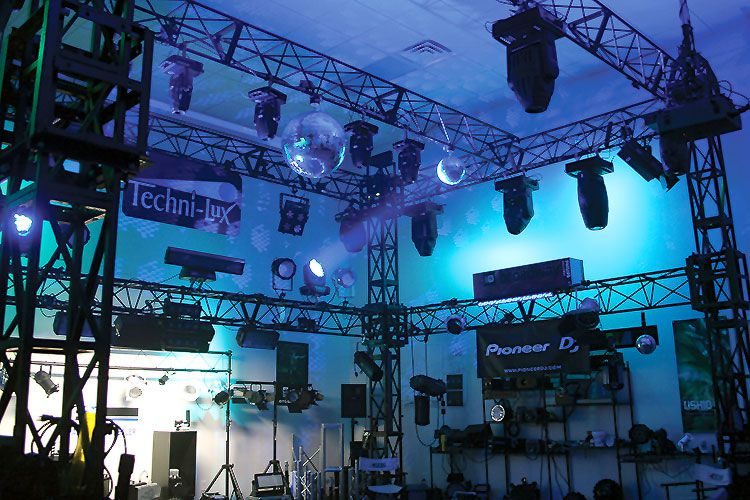
What’s Your Budget?
Be clear about what you believe the project will cost. This range gives you and the designer a starting point. Tony used a car-shopping analogy to make his point. Are you looking for a Kia, a Tesla, or something in between? “I need some idea of their budget, at least in terms of variables of zero—a hundred bucks, a thousand bucks, a million bucks. I’ll be honest and tell them if I can’t do it for that, and I’ll also be honest in telling them we don’t need to spend that much,” he said.
Make Your Business Plan Before Talking Budget
Clients sometimes try to do the reverse—get a quote from a designer and put together a business plan based on that. That’s not the right approach. Make a business plan and budget for your project first. Determine what percentage is for lighting before talking to a designer.
“I love the client that comes to me and says, ‘Here’s the mechanical or the engineer’s drawings for my room. It will be X design escape room, I’ve got four of them, and I have two hundred dollars to spend on each room.’ This is the beginning of a good business conversation,” said Tony.
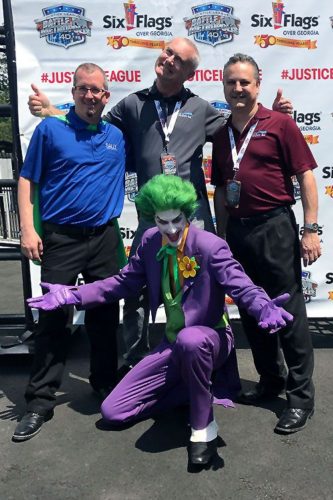
“How Do I Choose a Lighting Designer?”
Know what a lighting design firm does before approaching them. Lighting is a broad field with many specializations. Do you have a concept and want everything done for you? Look for firms that specialize in fixture-placement planning, programming, and install. Do you want to handle the install yourselves? In those situations, the designer’s role is to come in and provide guidance. Do you need help with a single room or effect? Find an individual designer or firm that specializes in boutique installs. Will you hand off the project altogether? Find a firm that can take the project from initial concept design through on-site installation.
Understanding the scale of your need helps you find a match with the best designer. “A design firm capable of creating an entire dark ride will not want to talk to you about one effect in one room, because that isn’t the realm they deal with. Something that specific may not be within the universe they can envision. The spectrum of what designers can offer ranges from an application to entire concepts. At Techni-Lux we make technology accessible to all attractions. What that means is that you can ask us the best way to setup a specific room effect or how to design an entire attraction,” said Tony.
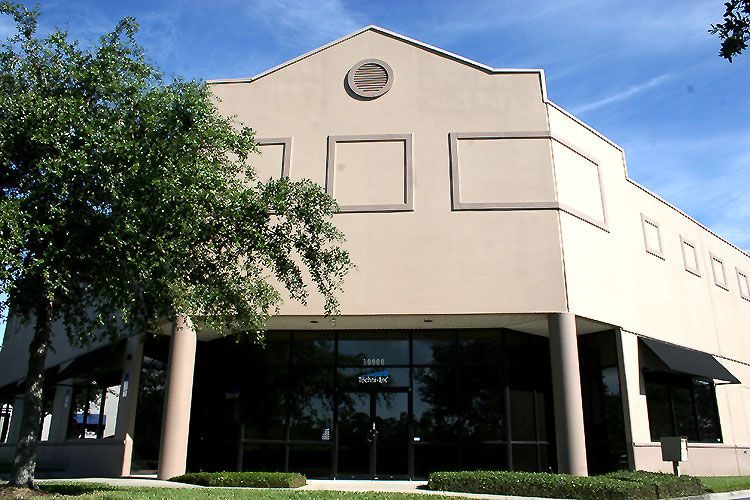
“Is My Attraction Too Small for a Designer?”
As discussed above, the answer depends on the firm. Designers can always help, whether that’s a single room or single effect. Find the specialist who operates at the scale you need. “Don’t be afraid to reach out to designers and professionals and start the conversation,” advised Tony. “Some of them will say, ‘If there’s not a dollar in it, I don’t want to do it,’ and that’s fine. Folks who have done this for a while enjoy providing knowledge and helping where they can.”
“Is It Too Late?”
“I have many people tell me, ‘We’re just doing this today. We don’t need a designer for this, but we’ll contact you when we do our next venue.’ It will not cost more to get help at this point. It’s most likely going to save you money,” said Tony.
“Can a Designer Save Me Money?”
Consulting a professional who’s up to date in their area of expertise can make all the difference both in bringing your concept to life and saving you money. “We were working with a large church many years ago, and this is when I realized the importance of using professionals that know their industry,” said Tony. “The church wanted to go with the new moving lights. We eliminated all of the catwalks, and we took the power requirement down to one-quarter of what it was using LED. We eliminated a large amount of air conditioning in the room. Even using their dream lighting system, we saved them around $100,000 in overall costs. Sometimes, taking a step back and letting a professional look at it is beneficial in more than just getting what you’re looking for,” he said.
Designers understand how the various elements of the infrastructure interact with each other, and they can scale up or scale down as necessary.
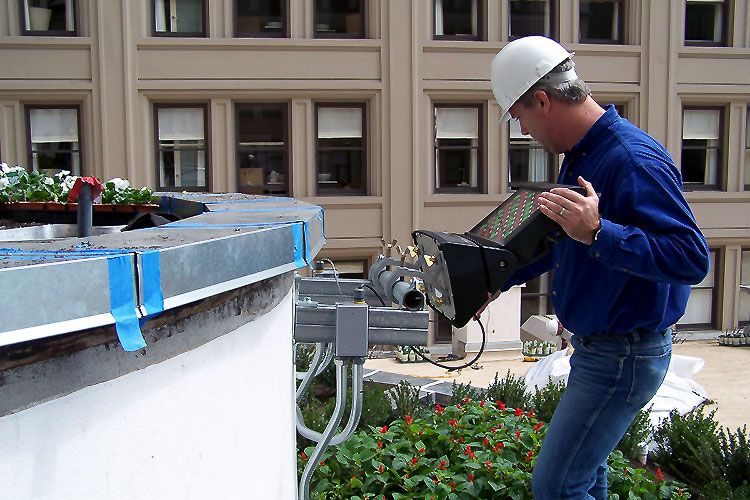
“Can I Google It?”
You can do it in theory, but, in practice, it gets complicated. Google doesn’t understand the context. Often the situation in your attraction is too specific for a Google search. A specialized designer knows what information applies to your location.
“Can a Lighting Designer Assist with Anything Besides Lighting?”
Sometimes a designer can assist with other aspects of your project. “In one job, we discovered that certain lights could also function as cleaning and work lights, so the client didn’t need to have those other lights. A UPS [uninterruptible power supply] can function as evacuation lights. We ask questions like, ‘If you will use smoke, what about the smoke detectors in the room?’ Many times we can head off nightmares before we even get into the building phase,” Tony said.
When in Doubt, Ask
It’s a rare client that comes up with a challenge a designer has never seen before. It may be your first laser tag arena, 4D ride attraction, or haunted house, but it isn’t theirs. Designers can advise on shortcuts and planning. Your project can enjoy their knowledge, their experience, and their problem-solving talents.
About Techni-Lux, Inc.

Techni-Lux, founded in 1991 in Orlando, Florida, is a lighting manufacturer, distributor, and design company. Techni-Lux makes technology accessible to all attractions by offering a ‘one stop shop’ for any lighting need. From single purchases to repairs and design to consultation, Techni-Lux has you covered.
Techni-Lux offers design services to assist with projects, concepts, and individual show designs. The company’s on-staff designer, Tony Hansen, is a member of the International Association of Lighting Designers (IALD) and has over 30 years of design and touring experience. Consultation, review, and design services are available for any size project through the company’s dealer network. They can present the final product in working drawings, animations, photo-quality renderings, or slide shows.
Key Takeaways:
- Before you contact a lighting designer, answer the following questions:
1. What’s the physical infrastructure of my project?
2. What’s my dream?
3.What’s my budget?
4. What’s my business plan?
- Be clear about what you believe the project will cost. This range gives you and the designer a starting point.
- Make the business plan first; the conversation won’t be productive without it.
- Designers can always help, whether that’s a single room or single effect. Find the specialist who operates at the scale you need.
- Don’t be afraid to reach out to designers and professionals and start the conversation. Folks who have done this for a while enjoy providing knowledge and helping where they can.”
- Know the capabilities of the designer you’re approaching and what you want them to do.
